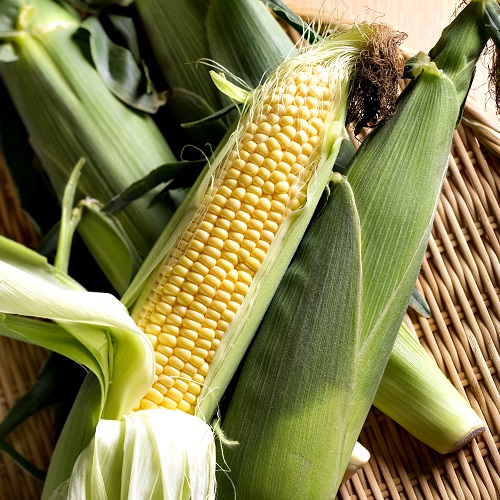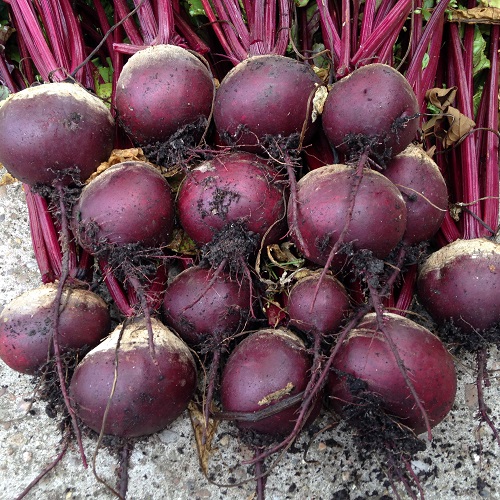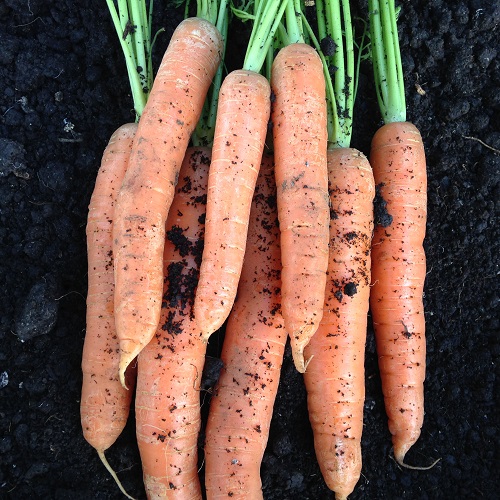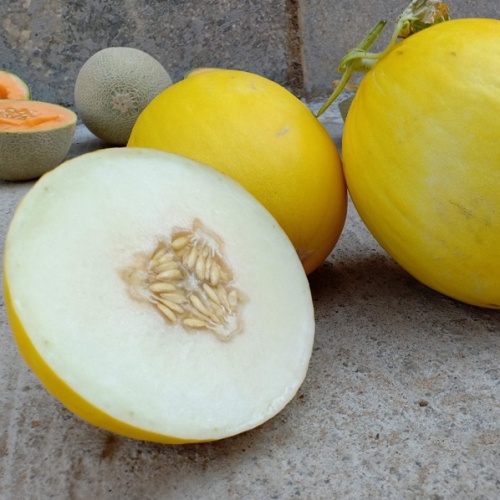Back by demand! Popular early season variety.....
Av. Packet Contents : 30 seeds
Beetroot Boltardy is the most popular variety for early and.....
Average Contents : 350 seeds
Carrot Early Nantes is a second early and maincrop.....
Av. Packet Contents : 500 seeds
Budgie is a fantastic new development in canary type honeydew melons.....
Average Packet Contents : 10 seeds
I got these as an experiment and they have done brilliantly. I grew 3 plants in a grow bag in the greenhouse and have got 5 very tasty large melons and a couple of little ones. They have grown all over the pepper plants in the next grow bag though! The long hot summer may have helped. I'll definitely grow again next year.
Bought as an experiment for new greenhouse, only sowed in June these seeds did not disappoint. Sowed in 8 inch pots and managed to get 5 melons for my efforts each 4-5 inches. Tasty fruit.




